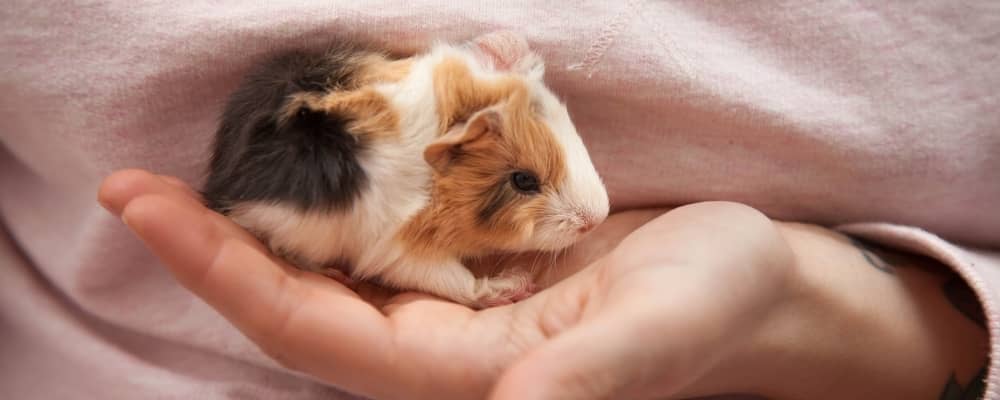
Nurturing the Tiny Lives: A Comprehensive Guide to Caring for Baby Guinea Pigs
Introduction
Guinea pigs, also known as cavies, are adorable and social creatures that make wonderful companions. However, caring for baby guinea pigs requires special attention and care to ensure their health and well-being. This comprehensive guide will provide you with all the essential information you need to nurture your furry little friends.
Bringing Home Baby Guinea Pigs
- Age: Baby guinea pigs, known as pups, should be at least 3-4 weeks old before being separated from their mother.
- Housing: Prepare a spacious cage with plenty of room for the pups to move around. Line the cage with soft bedding, such as fleece or shredded paper.
- Temperature: Maintain a warm and draft-free environment for the pups. The ideal temperature range is between 70-80°F (21-27°C).
- Companionship: Guinea pigs are social animals, so it’s best to keep them in pairs or groups. Introduce new pups gradually to avoid conflicts.
Feeding Baby Guinea Pigs
- Nursing: For the first few weeks, pups will rely solely on their mother’s milk. If the mother is not available, you can bottle-feed them with a special formula designed for guinea pigs.
- Weaning: Around 3-4 weeks of age, pups will start to nibble on solid food. Offer them fresh hay, vegetables, and pellets.
- Diet: A healthy diet for baby guinea pigs includes:
- Unlimited hay (timothy or orchard grass)
- Fresh vegetables (carrots, bell peppers, broccoli)
- Guinea pig pellets (high in vitamin C)
- Water: Provide fresh water at all times.
Health and Hygiene
- Checkups: Schedule regular veterinary checkups to monitor the pups’ health and prevent any potential issues.
- Grooming: Brush the pups’ fur regularly to remove loose hair and prevent mats.
- Bathing: Guinea pigs do not require frequent bathing. However, if they get dirty, you can gently wipe them down with a damp cloth.
- Nail Trimming: Trim the pups’ nails as needed to prevent overgrowth.
Socialization and Handling
- Handling: Handle the pups gently and frequently to get them used to human interaction. Avoid sudden movements or loud noises.
- Socialization: Expose the pups to different people, sounds, and environments to help them develop confidence and reduce stress.
- Playtime: Provide the pups with toys and a safe space to explore and play.
Common Health Issues
- Scurvy: A vitamin C deficiency that can lead to weakness, lethargy, and bleeding gums. Ensure the pups have access to plenty of fresh vegetables and guinea pig pellets.
- Pneumonia: A respiratory infection that can be caused by cold temperatures or drafts. Keep the pups warm and consult a veterinarian if they show symptoms such as sneezing, coughing, or difficulty breathing.
- Diarrhea: Can be caused by dietary changes, stress, or infections. Offer the pups plenty of fluids and seek veterinary attention if the diarrhea persists.
- Skin Mites: Tiny parasites that can cause itching, hair loss, and skin irritation. Treat with topical or oral medications prescribed by a veterinarian.
Conclusion
Caring for baby guinea pigs is a rewarding experience that requires patience, attention, and love. By following the guidelines outlined in this guide, you can ensure the health, happiness, and well-being of your furry little companions. Remember to provide them with a nurturing environment, a balanced diet, regular veterinary care, and plenty of love and socialization. With proper care, baby guinea pigs will thrive and bring years of joy to your life.
